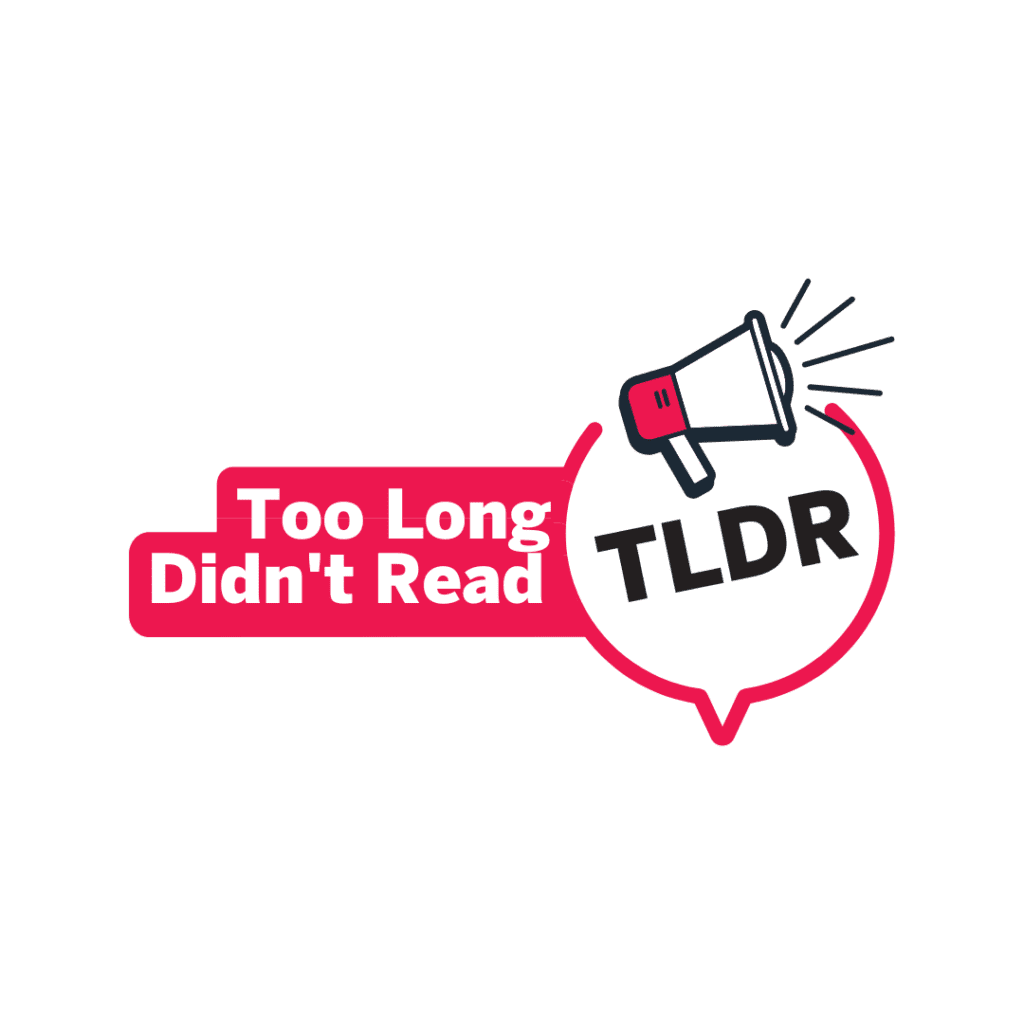
Introduction and context
Although young athletes represent the users of youth sports programs, parents are intricately involved in the decision-making process related to their children’s enrollment and registration in such programs. As such, sport administrators must grasp the elements that shape parents’ views on the quality of youth sport program design, their utilization of youth sport services, and the effects that these programs have on their children. Evidence exists to suggest that parents’ decision to enroll their children in sport can be influenced by a myriad of variables, such as the perceived potential benefits of sport, and that these decision-making processes can be linked with parents’ perceptions of satisfaction with and commitment to sport programs (e.g., Green & Chalip, 1998). For sports administrators to design and deliver high-quality sport programs, it would thus be beneficial to establish mechanisms by which parents’ perceptions and experiences of their child’s sports programs are compiled and used in the program’s planning and decision-making process.
Methods
One scoping review on parents-child co-participation and three qualitative studies were conducted. The qualitative studies focus on interviewing parents about their relationships with other parents, their coaching roles, and how they perceive their consumption of youth sports programs. Reflective thematic analysis was conducted.
Key findings and implications
Parents invest significant resources as consumers of their children’s sport involvement, yet often lack the avenues to provide feedback on how they feel about their experience (Murata & Côté, 2022). Parents serve as spectators, fostering strong connections with fellow parents; still, these relationships are rarely valued by sport organizations (Strydom et al., 2023). In other cases, parents act as volunteer coaches requiring specialized knowledge of the sport without appropriate training and coaching guidelines (KurtzFavero et al., 2023). Finally, parents frequently engage in their children’s sports endeavours as supportive friends, a role that is seldom recognized (Hunter Smith & Côté, 2023). The complexity and occasional contradictions of these roles may clash with the emotional connection of every parent to want the best for their children while investing in intangible activities (sport) that they have little input in. In essence, sport organizations need to understand the uniqueness and demanding nature of parents’ roles to better appreciate this groups’ involvement and potential contributions to the youth sport system.
Sports organizations should establish mechanisms to gain deeper insights into the values, emotions, and thoughts influencing parental behaviours in specific sport settings. This involves implementing a communication system that facilitates open dialogues without imposing lengthy tasks to be completed by parents or requiring extra training for parents. Below are seven practical activities that can (a) help foster better relationships with parents, (b) provide parents with a better understanding of an organization’s objectives, and (c) ultimately diminish parents’ negative behaviours.
- Create tools that allow parents to offer regular feedback: Implement consistent feedback mechanisms, such as surveys or evaluations, to gather input from parents about their experiences and concerns. Use this feedback to make adjustments and improvements as needed.
- Introduce and facilitate online forums: Create online forums, social media groups, or virtual communities where parents can connect and share their experiences, challenges, and successes. These platforms can foster peer support and provide a space for parents to learn from one another.
- Form parent-to-parent mentorship programs: Establish mentorship programs where experienced and knowledgeable parents mentor newer parents. This peer-to-peer support system can be valuable for sharing insights, concerns, and best practices.
- Establish parent-coach partnerships: Put in place a formal structure to facilitate communication and collaboration between parents and coaches. As part of this structure, coaches can host regular meetings or check-ins to discuss team goals, expectations, and how parents can contribute positively to the sport experience.
- Develop video resources that model positive parenting behaviours: Develop and share video resources that highlight positive parenting behaviours and demonstrate effective communication strategies. Videos can be a powerful and engaging way to convey information and engage parents.
- Provide positive reinforcement and recognition: Recognize and celebrate parents who exhibit positive behaviours and sportsmanship. Publicly acknowledging and rewarding desirable behaviours can motivate other parents to follow suit.
- Suggest evidence-based resources for parents: Various materials can be provided to parents to gain valuable insights into the intricacies of youth sport, offering evidence-based information, practical tips, and effective strategies for navigating their roles and supporting their children’s athletic journeys.
Strengths and limitations
Parents’ social interactions within the sport environment and supportive behaviours have been shown to influence the quality of young athletes’ sport experiences and the developmental outcomes derived from sport participation. Although the existing literature does provide good information regarding parents’ role in facilitating quality athlete experiences related to performance, participation, and personal development, questions remain regarding why parents still frequently engage in negative behaviours during sporting events. The complexity of parents’ roles in youth sports is readily apparent, with various responsibilities that sometimes conflict with each other. Examining these roles independently of their direct impact on children’s participation or engagement in sports is crucial. A strength of this line of studies was that we now better understand parents’ intricate and conflicting roles in youth sport. In essence, we should study parents’ roles for their complexity and significance before delving into their potential influence on children’s achievements or experiences in sports. A limitation is that parents’ demands and roles must be contextualized within the various contexts of youth sport organizations.
Conclusions and next steps
The evolution of youth sport requires a holistic approach that not only understands and empowers parents but also establishes continuous and meaningful communication channels. By recognizing parents as invaluable contributors and understanding the intricate dynamics of their roles, sports organizations can create an environment where every parent feels that they are an integral part of their child’s sports journey. This shift from a problem-focused narrative to one of collaboration and understanding is essential for the holistic development of all members involved within the youth sport system.